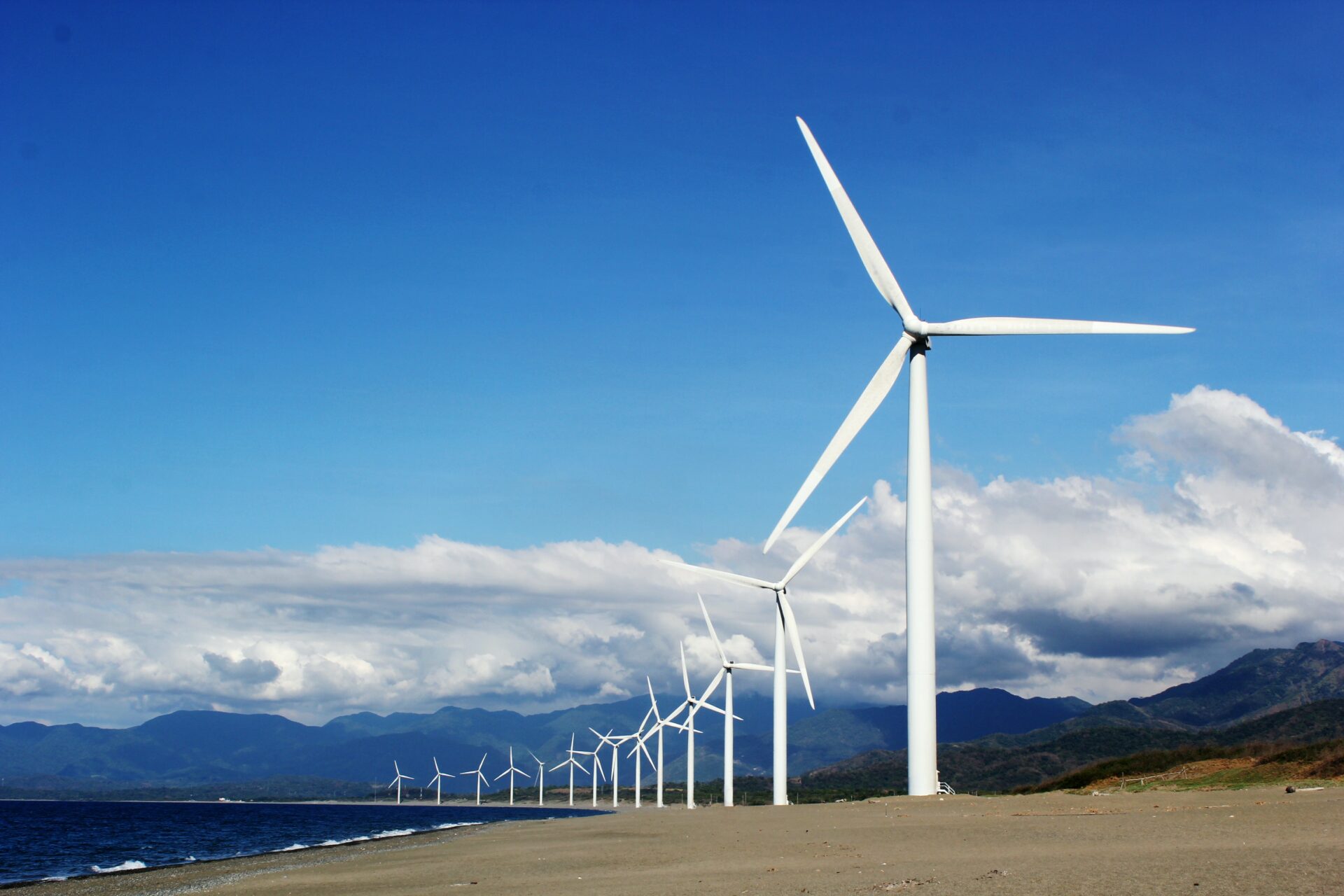The joint-stock company Latvenergo will cooperate with German energy company RWE on the development of offshore wind farms, Latvenergo Chairman of the Board Mārtiņš Čakste announced on Friday.
The company said that the collaboration with RWE, the world’s second-largest offshore wind farm development company and the third largest renewable energy company in Europe, was launched to successfully replenish the generation portfolio, advance the achievement of national climate goals and strengthen energy security.
On Friday, the Latvian and German companies signed a memorandum of cooperation, which provides for work on the construction of offshore wind farms in the Baltic Sea in the coming years. Cakste said that the project should be completed by 2030.
He stressed that Latvia has a very long coastline, and the wind energy in the Baltic Sea is much more than Latvia can consume itself, so there are also numerous export opportunities for the country.
Čakste added that offshore wind farms are included in Latvenergo’s strategy, but onshore wind farms will be built first, mainly because their technology is more advanced.
Cakste also expressed his satisfaction with the fact that he managed to establish cooperation with RWE.
Sven Otermelen, executive director of wind power development at RWE Renewables, said the company has 18 offshore wind farms, three of which are in the Baltic Sea.
“We are ready to provide our experience and knowledge for the implementation of the first offshore wind farm in Latvia and to strengthen energy security both in Latvia and in neighboring countries, as well as to promote energy exports to Europe,” Utermelen said.
In the first half of this year, the Latvenergo concern worked with a turnover of 744.582 million euros, which is 66.2% more than last year for the corresponding period, and the group’s profit increased 2.5 times – up to 141.905 million euros.
During the energy price crisis, Latvenergo was also weighing alternative sources of energy generation to Russian gas – for example, the turbines of its CHPP-1 can produce not only heat but also electricity using diesel fuel.

